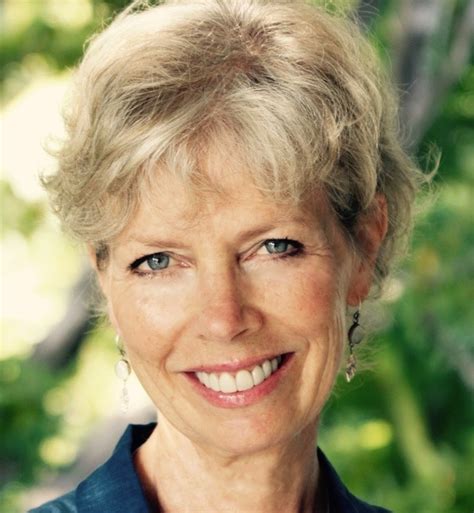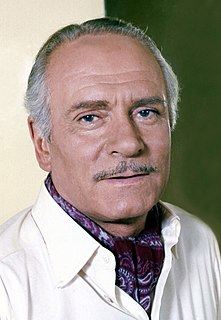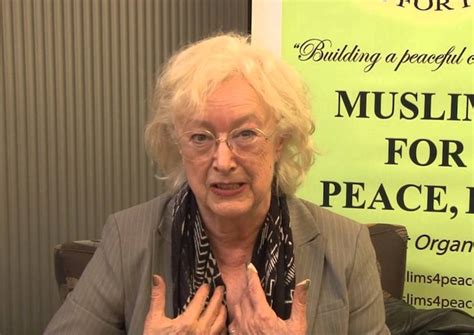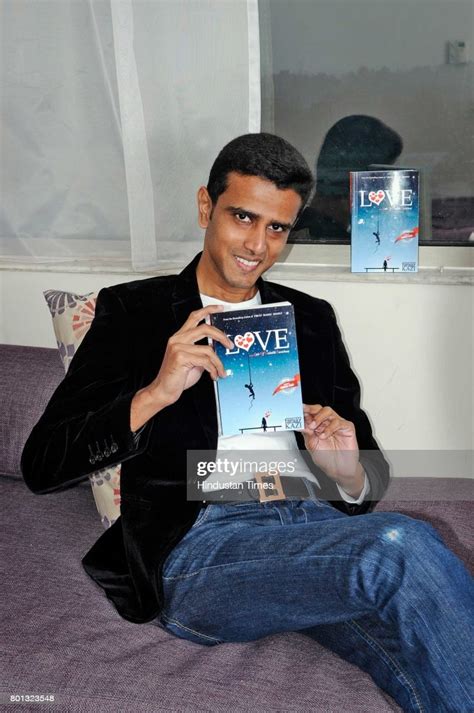A Quote by Albert Camus
The workman of today works every day in his life at the same tasks, and this fate is no less absurd. But it is tragic only at the rare moments when it becomes conscious.
Related Quotes
...there is no such thing as a charmed life, not for any of us, no matter where we live or how mindfully we attend to the tasks at hand. But there are charmed moments, all the time, in every life and in every day, if we are only awake enough to experience them when they come and wise enough to appreciate them.
Meditation is object-less. If you use any object, then it is not meditation; it becomes thinking. It becomes contemplation; it becomes reflection, but not meditation. This is the most essential point to be understood. This is the essence of a meditative state: that it is object-less. Only consciousness is there, but not conscious ABOUT anything. Consciousness without being conscious of anything - this is the nature of meditation.
I can act every single day because I love it; it's just so liberating. It might be rare, but there are certain moments when you really don't feel like yourself. When you are in the character so fully, it's the best feeling ever. I so love it. Even if those moments come just once a day or every other day, they are just worth it.
If we dreamed the same thing every night, it would affect us much as the objects we see every day. And if a common workman were sure to dream every night for twelve hours that he was a king, I believe he would be almost as happy as a king who should dream every night for twelve hours on end that he was a common workman.
The principal, the only, thing a man makes, is his condition of fate. Though commonly he does not know it, nor put up a sign to this effect, "My own destiny made and mended here." (Not yours.) He is a master workman in the business. He works twenty-four hours a day at it, and gets it done. Whatever else he neglects or botches, no man was ever known to neglect this work. A great many pretend to make shoes chiefly, and would scout the idea that they make the hard times which they experience.
We have all experienced times when, instead of being buffeted by anonymous forces, we do feel in control of our actions, masters of our own fate. On the rare occasions that it happens, we feel a sense of exhilaration, a deep sense of enjoyment that is long cherished and that becomes a landmark in memory for what life should be like.. moments like these are not the passive, receptive, relaxing timesthe best moments usually occur when a person’s body or mind is stretched to its limits in a voluntary effort to accomplish something difficult and worthwhile.
For a year after that was done to me I wept every day at the same hour and for the same space of time. That is not such a tragic thing as possibly it sounds to you. To those who are in prison tears are a part of every day's experience. A day in prison on which one does not weep is a day on which one's heart is hard, not a day on which one's heart is happy.
Muhammad's is one of those rare lives that is more dramatic in reality than in legend. In fact the less one invokes the miraculous, the more extraordinary his life becomes. What emerges is something grander precisely because it is human, to the extent that his actual life reveals itself worthy of the word 'legendary'.
...insight, vision, moments of revelation. During those rare moments something overtakes the man and he becomes the tool of a greater Force; the servant of, willing or unwilling depending on his degree of awakeness. The photograph, then, is a message more than a mirror, and the mans a messenger who happens to be a photographer.
George's son had done his work so thoroughly that he was considered too good a workman to live, and was, in fact, taken and tragically shot at twelve o'clock that same day—another instance of the untoward fate which so often attends dogs and other philosophers who follow out a train of reasoning to its logical conclusion, and attempt perfectly consistent conduct in a world made up so largely of compromise.
There are moments in our lives, there are moments in a day, when we seem to see beyond the usual- become clairvoyant. We reach then into reality. Such are the moments of our greatest happiness. Such are the moments of our greatest wisdom. It is in the nature of all people to have these experiences; but in our time and under the conditions of our lives, it is only a rare few who are able to continue in the experience and find expression for it.
Fate, they say, fate- the clay that molds the events of your life, and it was the same fate that had thrown the stone of her heart on the building of his expectations. But then wasn't it his fault that he had constructed the building of glass? Hadn't he failed to cement the bricks of his love with trust and colour them with security? There was no insurance for broken hearts, no ointment for wounded souls and there would never be one, he knew.







































